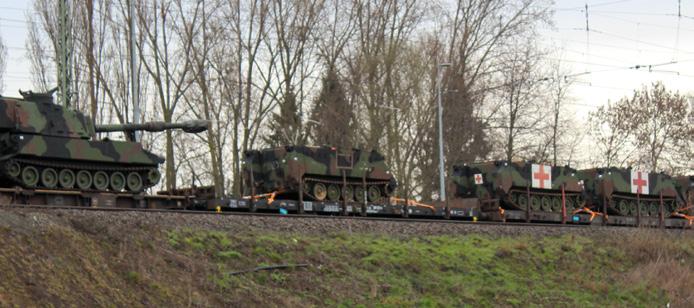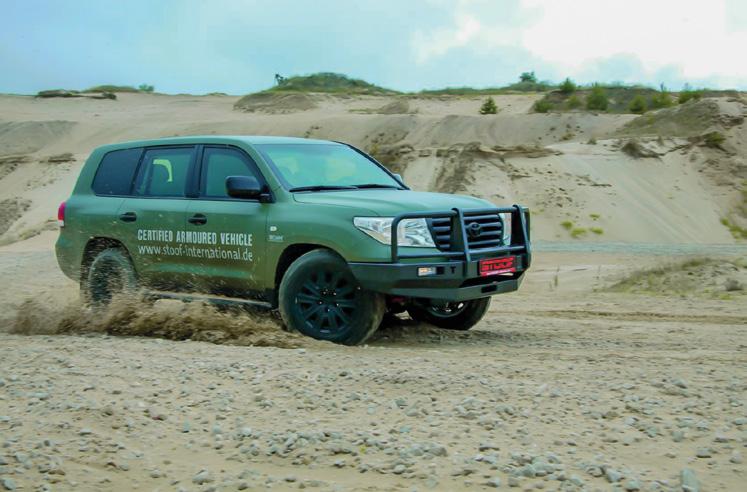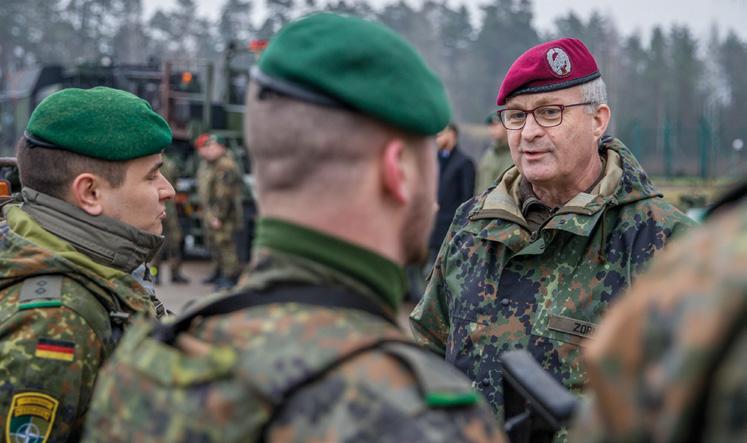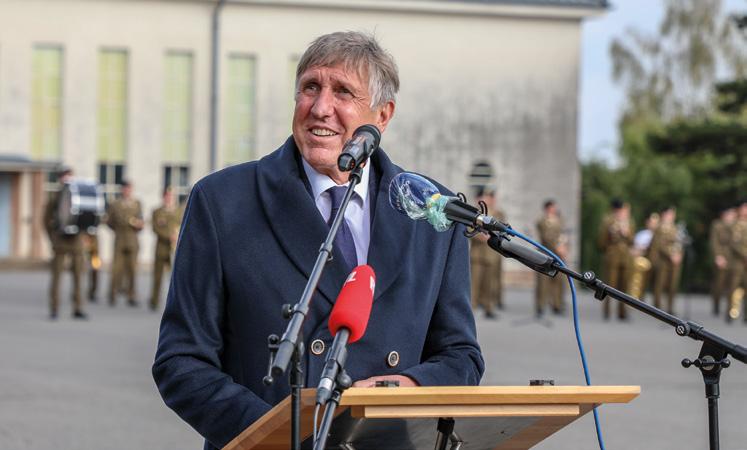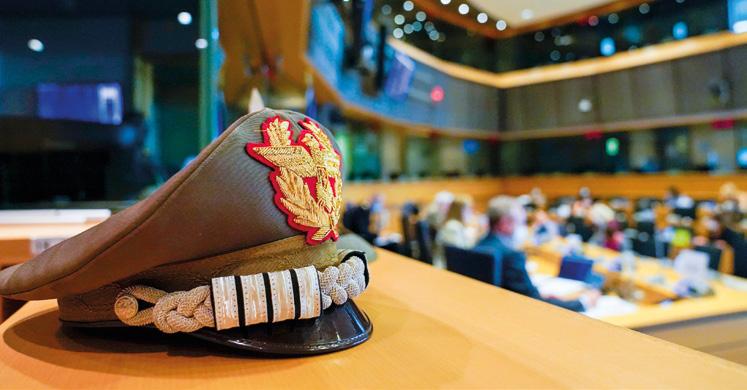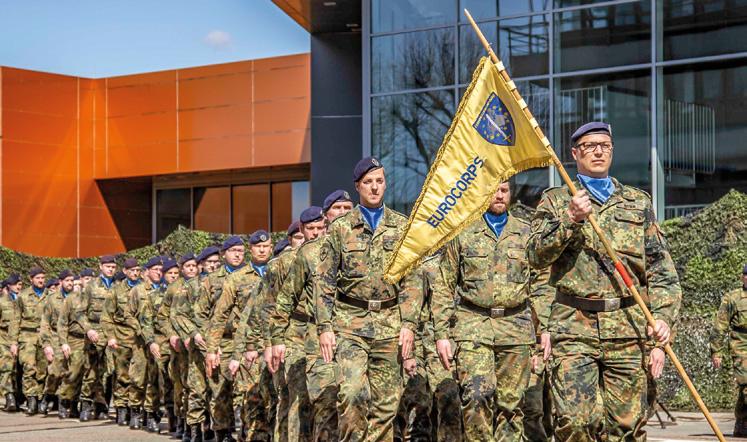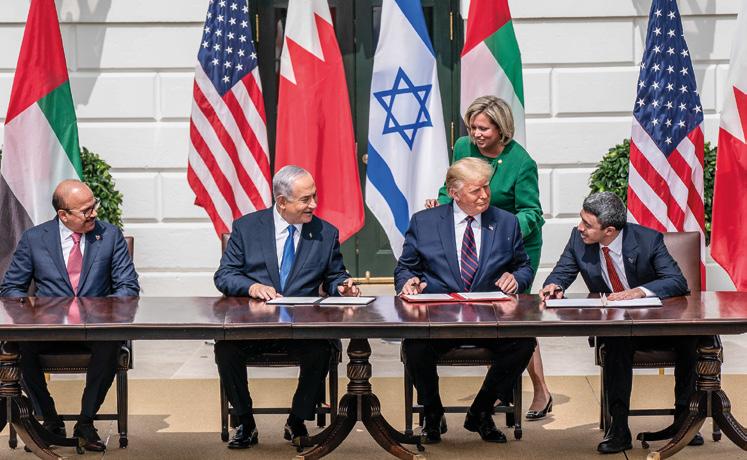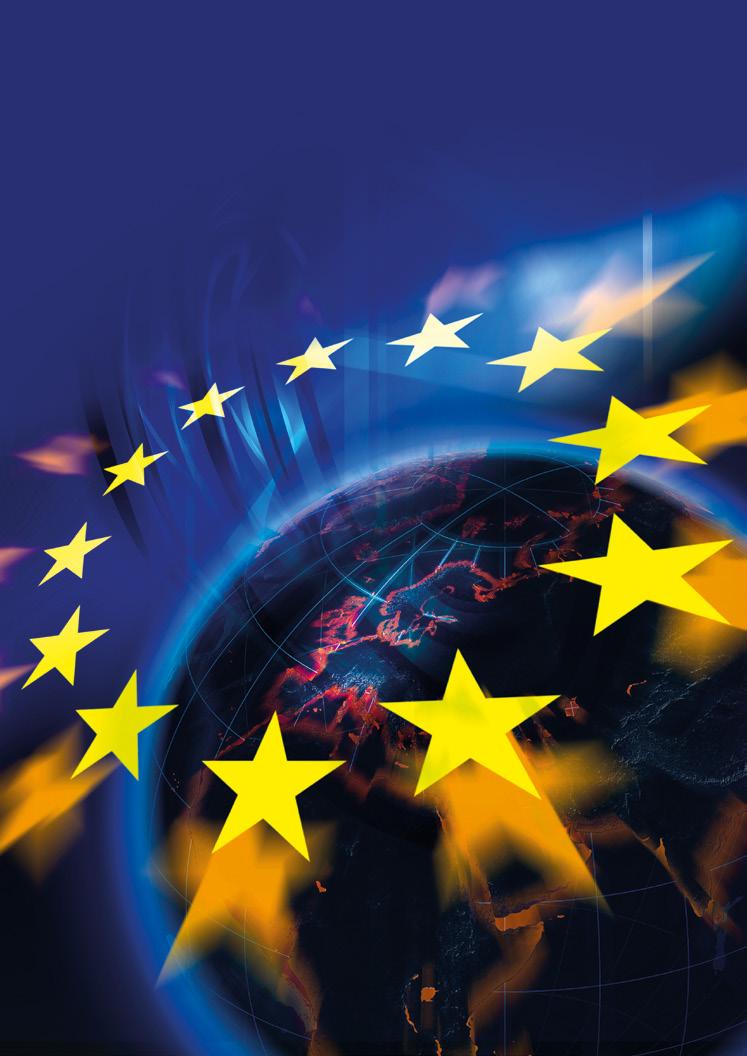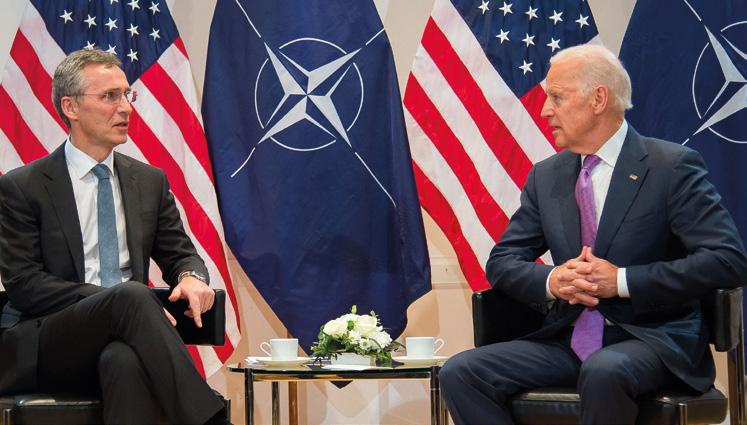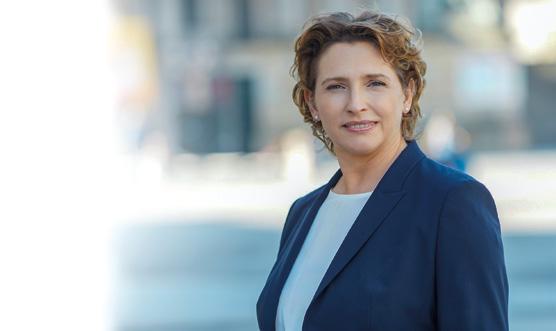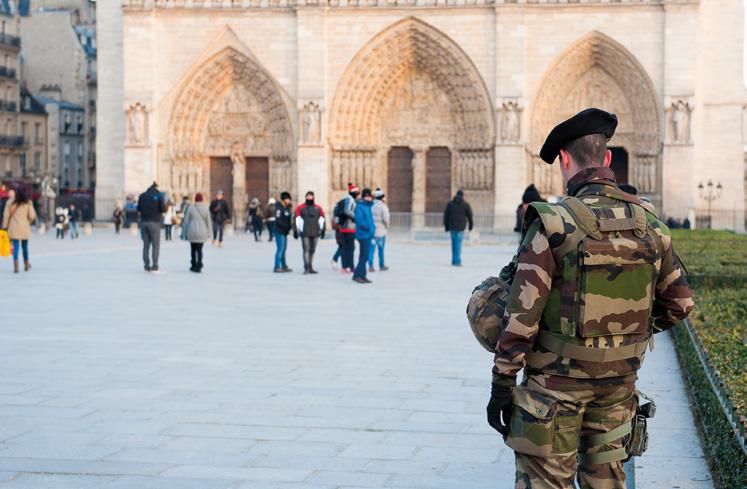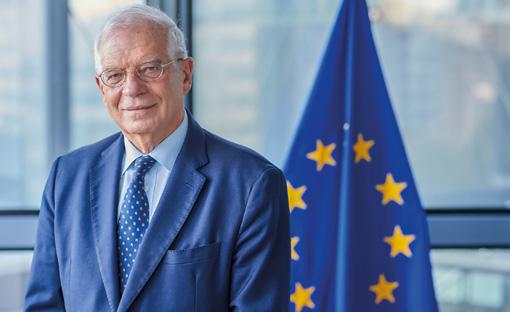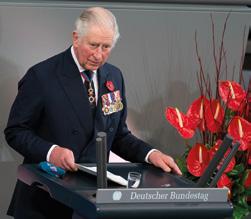Maintaining momentum
Towards a European Defence Union
by Michael Gahler MEP, Brussels/Strasbourg
T
he Covid-19 pandemic is the most severe global crisis we are facing since World War 2. Fighting it is undoubtedly our current top priority. At the same time, we must not forget about the other global challenges that face us: the steady erosion of the international rules-based and multilateral order, the re-emergence of power politics, a difficult transatlantic partnership as well as conflicts and instability, especially at Europe’s periphery. These developments raise the question of Europe’s future international role as well as its ability to protect its interests and citizens.
An ambitious EU global strategy In 2016, the EU Global Strategy (EUGS) formulated the goal of strategic autonomy, defined as Europe’s ability to act autonomously if necessary, to respond to external crises, build partners’ capacities and protect its citizens. While the level of ambition derived from the long-term goal of autonomous action is, at least for the time being, a political rather than a concrete military one, the improvement and development of the necessary capabilities remain a key element. Considering that we are facing these challenges together as the European Union, we also need to address them in a joint effort by moving forward to a European Defence Union. Following the EUGS, the European Defence Union has already made substantial progress through various initiatives. Building on the EUGS’ level of ambition, the revised Capability Development Plan (CDP) of 2018 defined 11 capability priority areas ranging from communication and information, cyber responsive operations, and logistics to ground, air and naval defence and combat capabilities. The CDP is complemented by the Coordinated Annual Review on Defence (CARD) which analyses EU Member States’ progress in the priority areas laid out in the CDP. CARD is designed as a two-year cyclical process
26
and does not only aim to describe the current state of defence development in relation to the goals but also identifies areas for further cooperation between Member States, evaluates existing initiatives on the European level and analyses Member States’ activities in capability development and their respective defence budgets trends.
Concrete developments and projects While CDP and CARD provide the long-term orientation framework and evaluation for European capability development, concrete and joint development is facilitated through the Permanent Structured Cooperation (PESCO) and the European Defence Fund (EDF). With 25 EU Member States participating and 47 projects launched since the activation of the PESCO chapter in the Treaty on the European Union (TEU) in December 2017,
Michael Gahler MEP has been a Member of the European Parliament since 1999 and is currently serving as coordinator of the EPP Group in the Committee on Foreign Affairs, as a member of the Subcommittee Photo: private
on Security and Defence, and is a substitute member of the Committee on
Transport and Tourism. Mr Gahler studied law in Germany and France, and later joined the diplomatic academy of the German foreign office (1990-1991). From 1993-1995, he was the desk officer in the international office of the Christian Democratic Union (CDU). Between 1995 and 1999, again with the German foreign office, he was a desk officer for the Baltic states and the Council of the Baltic Sea States.
photo: © European Union 2020 - Source : EP
THE EUROPEAN – SECURITY AND DEFENCE UNION


